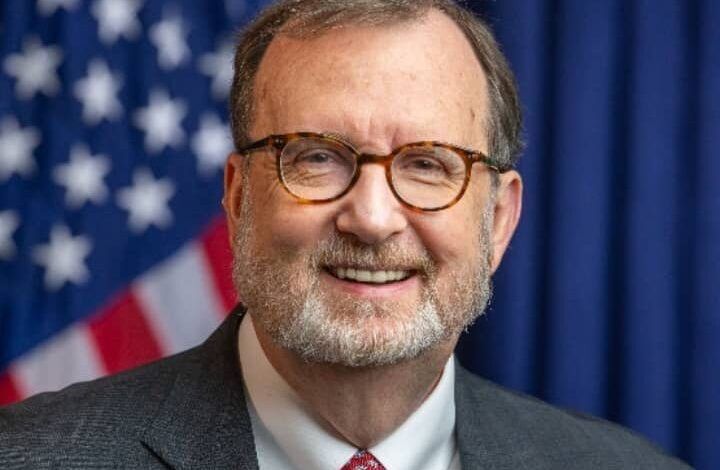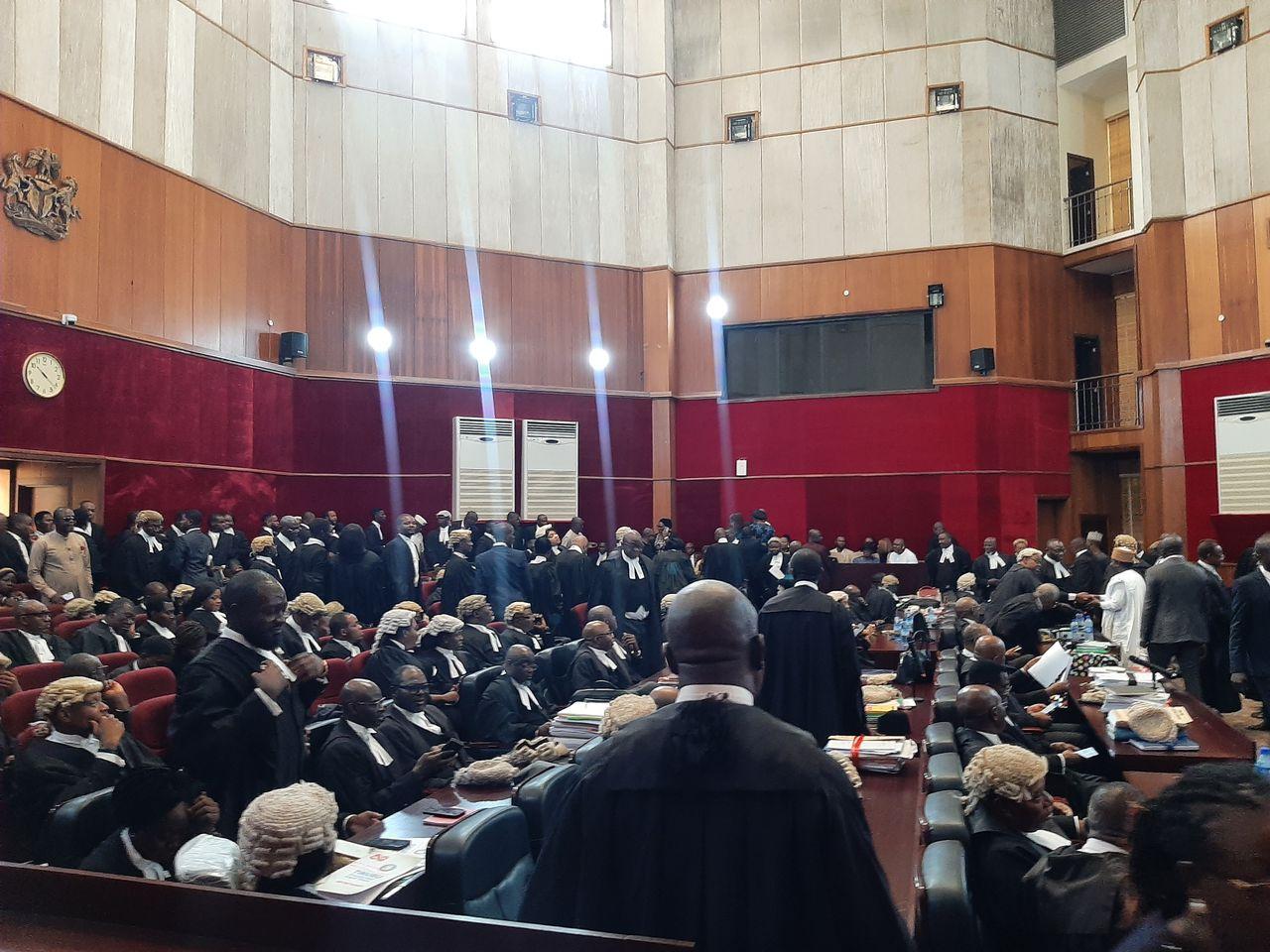
The United States is transitioning from traditional aid to private sector-led investment as the cornerstone of its engagement with Nigeria and the broader sub-Saharan African region, U.S. Ambassador to Nigeria, Richard Mills Jr., has announced.
Speaking on Thursday during a fireside chat at the Lagos Business School themed “Toward a Robust US-Nigeria Commercial and Investment Partnership”, Mills highlighted the need to reframe U.S.-Africa relations from donor-recipient dynamics to commercially driven partnerships.
“Nigeria is our second-largest trading partner in Africa, with bilateral trade reaching around $13 billion at the end of 2024,” Mills said.
Reflecting on decades of U.S. investment in Nigeria’s health, education, and agriculture sectors, the ambassador emphasized that a new chapter is underway one focused on trade, not aid.
“As President Trump once said, we are at an inflection point. Now is the time to build on past aid investments and pivot to a model of vibrant, private sector-led growth,” Mills stated. “We want to engage African nations not as aid recipients, but as capable commercial partners.”
According to him, the U.S. government’s current strategy revolves around three core pillars: expanding trade, attracting private investment, and building durable business linkages.
“To be clear, we are not abandoning development support rather, we are shifting how we deliver it. Private enterprise, not foreign assistance, is what ultimately drives long-term economic transformation,” he explained.
A Commercial Shift Cemented in Policy
To solidify this shift, Mills revealed that the U.S. Department of Commerce and Nigeria’s Ministry of Industry, Trade, and Investment signed a five-year Commercial and Investment Partnership (CIP) agreement last year. The agreement, set for official launch this month, focuses on three key sectors: agriculture, digital economy, and infrastructure.
“Nigeria is one of only five African countries selected for this strategic partnership,” Mills noted, underscoring the country’s economic significance.
Working groups for each priority area are being formed, and the ambassador lauded the Nigerian government’s openness to collaboration and responsiveness to business concerns.
“I want to commend leadership at both federal and state levels. When we raise issues affecting U.S. businesses, there is a real willingness to listen and that matters,” he said.
Reform Brings Hope — and Growing Pains
While recognizing that Nigeria’s ongoing economic reforms have brought hardship to many citizens, Mills expressed confidence that the changes will yield lasting benefits.
“We know these reforms are painful, but we believe they’re laying the foundation for stronger economic growth. We’re already seeing ‘green shoots’ emerge,” he said.
He singled out recent tax reforms as a particularly encouraging development, noting how complex and outdated tax structures have hampered business operations.
“One American company told me they were subject to 67 different taxes — including one on wheelbarrows. These reforms are essential,” Mills remarked.
Power Remains a Stumbling Block
However, the ambassador did not shy away from ongoing challenges — especially in Nigeria’s power sector.
“Electricity distribution and transmission remain major obstacles for U.S. firms, particularly in the tech sector, which is eager to tap into Nigeria’s deep talent pool,” he said.
To address this, the U.S. is supporting decentralized energy initiatives through its Power Africa program and similar efforts, aiming to bypass grid inefficiencies with small-scale, off-grid solutions.
“The power sector is not just a business issue it’s a national issue. Reliable energy is crucial for both economic development and quality of life,” Mills said.





